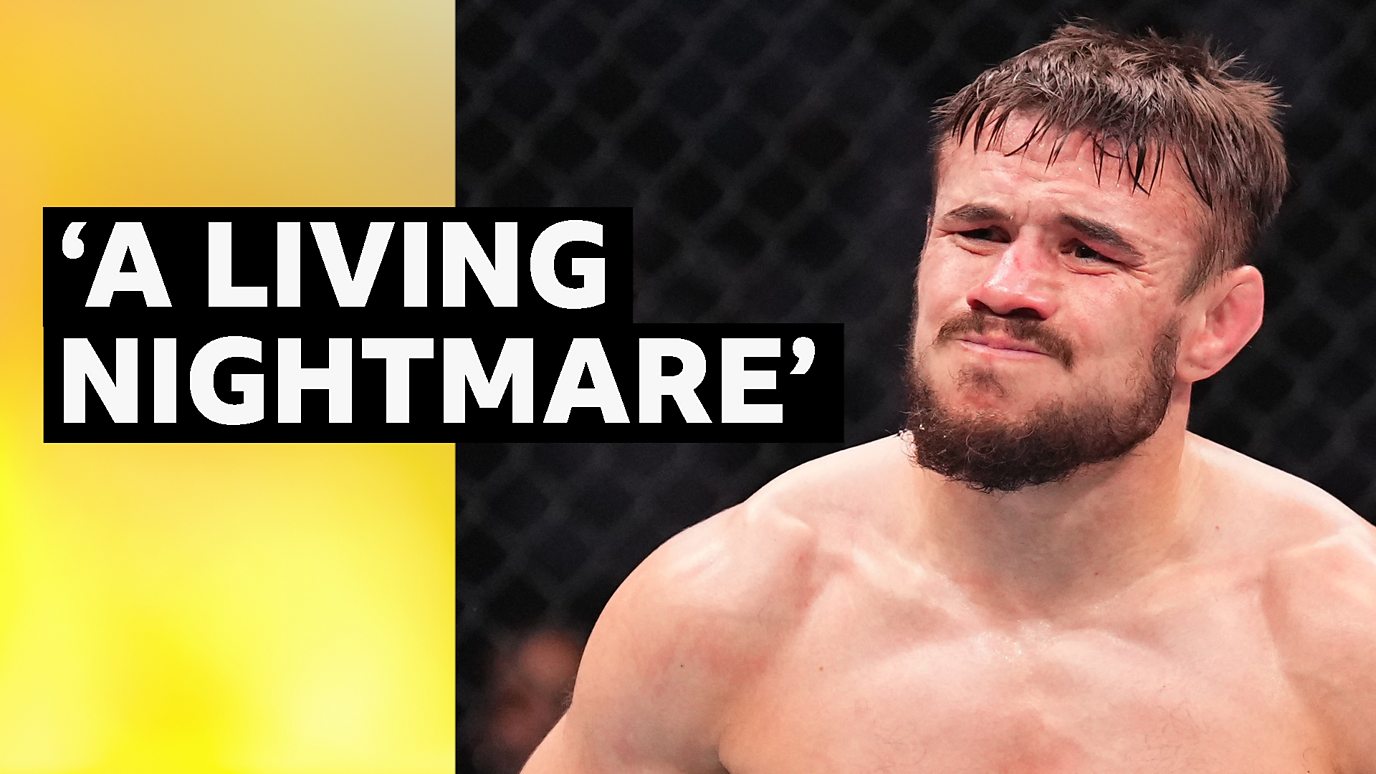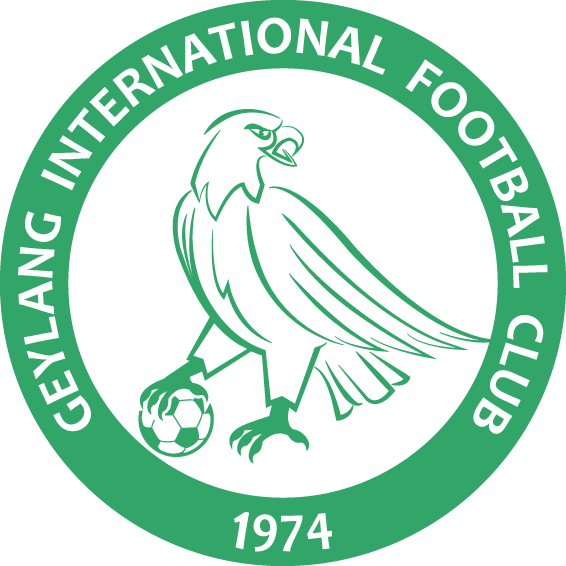
How Family and Therapy Help British UFC Fighter Nathaniel Wood Manage the ‘Waves’ of OCD
Wood Opens Up About Mental Health, Family, and Finding Balance Before UFC 321
When Nathaniel Wood sits down for an interview in Abu Dhabi ahead of UFC 321, the first thing he mentions isn’t his training camp, his opponent, or his weight cut — it’s his daughters.
The 32-year-old Londoner, known for his relentless fighting style inside the Octagon, lights up as he talks about his family. His eyes soften, his tone shifts. “Arla’s one now,” he says proudly. “And Layla, she’s just over two months. They’re both here with me — along with my wife, mum, and dad. Having them all here just puts me in the right headspace.”
For Wood, family has become a vital part of his preparation — not just physically, but mentally. It’s a lesson he’s learned the hard way, through years of managing anxiety and obsessive-compulsive disorder (OCD) while fighting at the highest level of mixed martial arts.
“If I’m not with them,” Wood admits, “I’m constantly thinking about home. I’m looking at my phone every two seconds wondering what’s happening. Having them here means I can actually focus on the job at hand. I’m so much more relaxed.”
In a sport built on toughness and intimidation, it’s refreshing to see an athlete like Wood speak so candidly about his vulnerabilities — and the role his family plays in keeping him grounded.
A Fighter Who Knows His Battles Aren’t Always in the Cage
This isn’t Wood’s first trip to Abu Dhabi. In fact, his last one left scars that ran deeper than any physical blow.
Back in 2023, before his daughters were born, Wood faced Muhammad Naimov and suffered a tough defeat — one that was shaped as much by his mental health as by his opponent’s performance.
“I was struggling with really bad anxiety,” he recalls. “As I flew out here, it just hit me. When I get OCD, it doesn’t let me move on. I didn’t care about the fight that week — all I could do was obsess over things I didn’t need to be thinking about.”
He pauses, his expression tightening. “It’s consuming. Every second of the day, you’re stuck in your head. I could be talking to you right now, and my mind would be somewhere else entirely.”
For anyone unfamiliar with OCD, Wood’s honesty offers a glimpse into a condition that’s often misunderstood. It’s not about being tidy or overly organized — it’s about being trapped in obsessive thoughts that won’t let go, no matter how irrational they seem.
“It comes in waves,” he explains. “Sometimes you can be absolutely fine, and then suddenly you have what I call a ‘dark cloud day’ — where you’re anxious, overthinking, obsessing over things that make no sense. It’s a living nightmare when you’re in that room.”
How Therapy and Family Became His Corner Team
Wood doesn’t shy away from acknowledging that he needed help — and that seeking therapy was one of the best decisions he’s ever made.
“I’ve got OCD and anxiety, and I’ve worked with therapists for it,” he says. “I’m also on medication, which helps. I’d tell anyone: never be afraid to go to the doctors. There’s nothing weak about asking for help.”
He credits his family as a huge part of his recovery. “I’m very lucky. My dad, my mum, my wife — they’ve all been incredible. I can talk to them about anything. For people who don’t have that, I imagine it’s such a dark place to be.”
Wood says one of the simplest but most effective tools he’s learned is talking through his worries.
“When you speak your thoughts out loud,” he says, “you start to realize they’re not as bad as they seem in your head. You can be replaying your own nightmares and believing they’re real. Talking to someone — even just saying it out loud — helps calm that storm.”
His words carry the weight of experience. This isn’t a rehearsed speech or a publicity line — it’s the raw reflection of someone who’s fought battles both seen and unseen.
“I’d definitely recommend therapy to anyone struggling,” he continues. “There are tactics and techniques you can learn. And when you combine that with support from the people you love — it really can make all the difference.”
A Fighter Focused on the Present
After the interview, Wood plans to take his family to the mall for dinner — though he laughs that he won’t be eating much himself. “Weight cut week, mate,” he says with a grin. “Featherweight doesn’t forgive!”
The 10st 5lb bout against Jose Delgado at UFC 321 is crucial for Wood. He’s coming into it as the underdog, but his form tells a different story: seven wins in his last eight fights.
His opponent, Delgado, is an American rising star with just one loss in eleven contests — a dangerous striker with explosive power. But Wood’s focus is razor-sharp this time.
“Having my family here, being occupied, staying busy — that’s what keeps my mind steady,” he explains. “When I’ve got too much time alone, that’s when my head starts to spiral. But right now, I feel good. I feel ready.”
It’s Wood’s fourth fight in Abu Dhabi. “I’ve won one, lost two,” he says, matter-of-factly. “Obviously I’m going in there with full intentions of winning this fight — and doing it impressively.”
His tone is confident but calm. Gone is the anxious energy that haunted his last trip. In its place is a sense of peace — the kind that comes from knowing you’re supported, understood, and loved.
Beyond the Octagon: Breaking the Stigma
What makes Wood’s story resonate is not just that he’s a fighter — but that he’s willing to show the fight doesn’t stop when the cage door closes.
By speaking openly about OCD and anxiety, he’s challenging the stigma that still surrounds mental health in sports.
In a culture that often celebrates only strength and resilience, Wood is proving that vulnerability can be a different kind of power — one that connects rather than isolates.
“There’s this idea that fighters have to be these invincible warriors,” he says. “But the truth is, we’re all human. We all have our struggles. I think if more people opened up, it would help others feel less alone.”
As he prepares for another night under the bright lights of Abu Dhabi, Wood’s mindset is clear. His daughters are nearby, his family close, his therapy ongoing — and for the first time in a while, everything feels balanced.
He’s still the “Prospect” — the nickname that launched his UFC career — but he’s also something more now: a father, a husband, a man learning to live with the waves rather than drown in them.
And as he steps into the Octagon against Delgado, Nathaniel Wood isn’t just fighting an opponent — he’s proving to himself, and to others watching, that even when the mind plays its toughest games, there’s always a way forward.
































There are no comments yet. Be the first to comment!